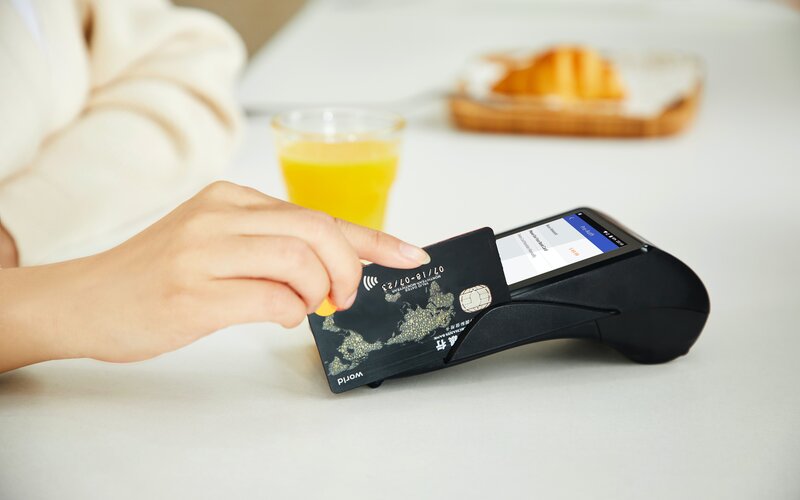The Westpac-Melbourne Institute Consumer Confidence Index fell 6.9% in November to 78.0, following the Federal Budget and RBA’s November cash rate decision.
This marks the largest decline in consumer confidence since May, when the RBA first began lifting the cash rate in response to inflationary pressures.
Westpac Chief Economist Bill Evans said the latest sentiment decline follows ABS figures, showing inflation surged from 6.1% in June to 7.3% in September.
“Consumers would also have been unnerved by forecasts in the Government’s October Budget showing electricity prices are expected to increase by 56% over the next two years,” Mr Evans said.
Aussie consumers were indeed unnerved, with the ‘family finances vs a year ago’ sub-index falling 3.4% to the second weakest reading since the Global Financial Crisis, at 66.9.
Further, the ‘economic outlook, next 12 months’ sub-index fell 7% and the ‘economic outlook, next five years’ sub-index was down 7.3% in the November survey.
Consumers with a mortgage were most prone to feeling pessimistic following another cash rate increase, with Westpac noting confidence in this sub-group fell 15.7% to 68.4.
Retirees also recorded a steep decline in confidence, falling 14.9% to 67.3.
Mr Evans said the November sentiment print is particularly important given the lead-in to the Christmas shopping season.
“Christmas spending plans are very subdued this year,” he said.
“Nearly 40% of consumers expect to spend less on gifts this year - the highest proportion planning cutbacks since we began asking the question in 2009.
“To date, consumer spending has been quite resilient to these recessionary confidence levels due to record low unemployment and the pandemic-related accumulation of household savings.”
ANZ Senior Economist Adelaide Timbrell said Aussies can’t and won’t stop spending.
“The early November upward trend in shopping at non-food retailers is stronger than 2019 and encouraging ahead of the holiday trading period,” Ms Timbrell said.
“Inflation-adjusted retail data from the ABS shows that rapid spending growth in clothing, department stores and dining was not purely inflation."
Despite calls that Aussies should expect to cut back throughout the holiday period, recent Roy Morgan data revealed Aussies are forecast to spend $63.9 billion in the pre-Christmas sales period - an increase of 3% on 2021.
Image by Bernadine Castro via Pexels



 Harrison Astbury
Harrison Astbury
 Harry O'Sullivan
Harry O'Sullivan




